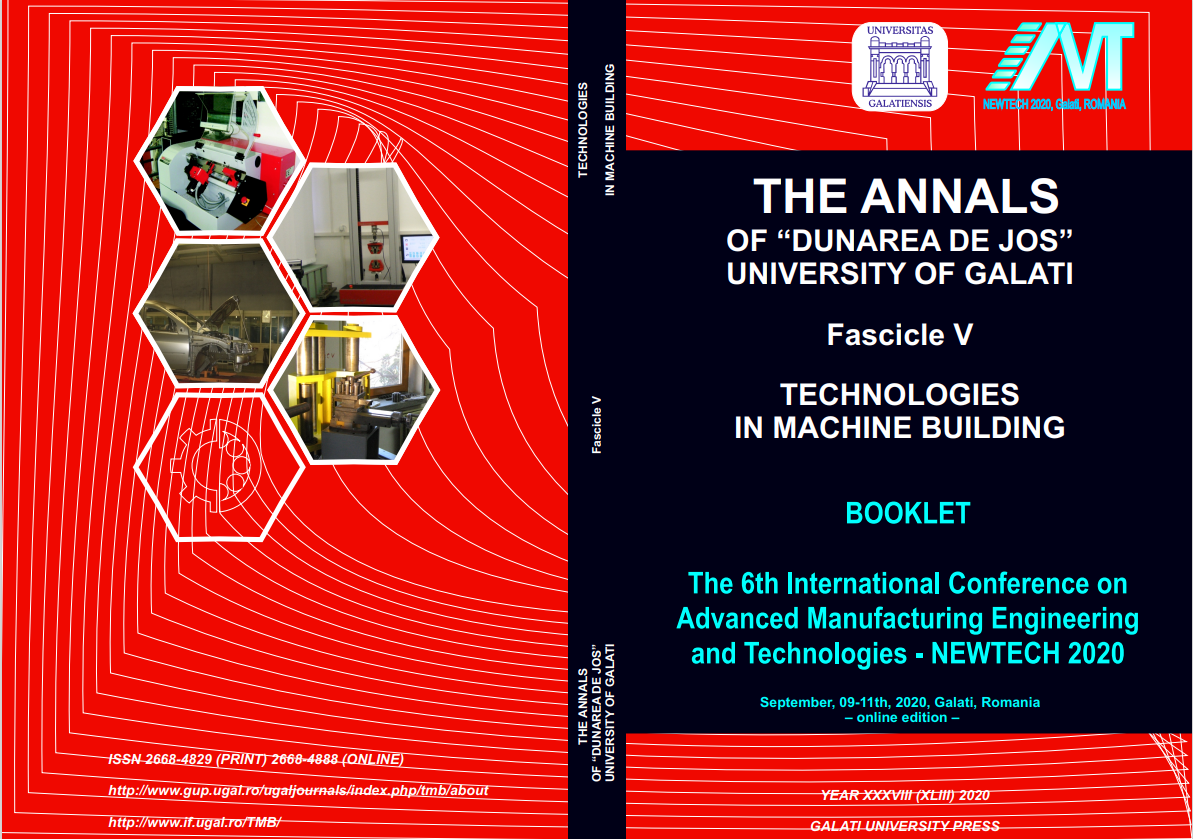PLM as a sequential round of the technological revolution
Abstract
The fourth industrial revolution is actively developing in the world. Since 2011 it has become widespread. Affecting all areas of life activity, economy, which manifests itself in the qualitative reorganization of its mechanisms, creates new adapted management models, changes the nature of production processes. The digital revolution opens up new opportunities for using digital networks, agile production systems, and new business models for all stages of production. The faster the company makes this transition, the better its chances of succeeding and outperforming its competitors. Product lifecycle management (PLM) refers to the management of data and processes used in the design, engineering, manufacturing, sales, and service of a product across its entire lifecycle. The introduction of digital technologies occurs at all stages of the product lifecycle: product development, technology development, preparation and launch of production, product production, its operation and maintenance. PLM affects the ideology of creating a new product: to reduce the time to market and save resources, the system pushes to shift the labor intensity from the "production" stage to the "design" stage. The purpose of this study is to analyze product lifecycle management in agile management and to relate it to the current state of the Russian industrial development. Theoretical and practical aspects of this concept are given. The example of PLM implementation in the Russian industrial sector is presented. The Kalashnikov concern has built a product lifecycle management system. Today, the development of production of an industrial enterprise is impossible without a clear understanding of all stages of life cycle management of the product that it produces. Summarizing, PLM is offered as a promising concept for Russian economy.


